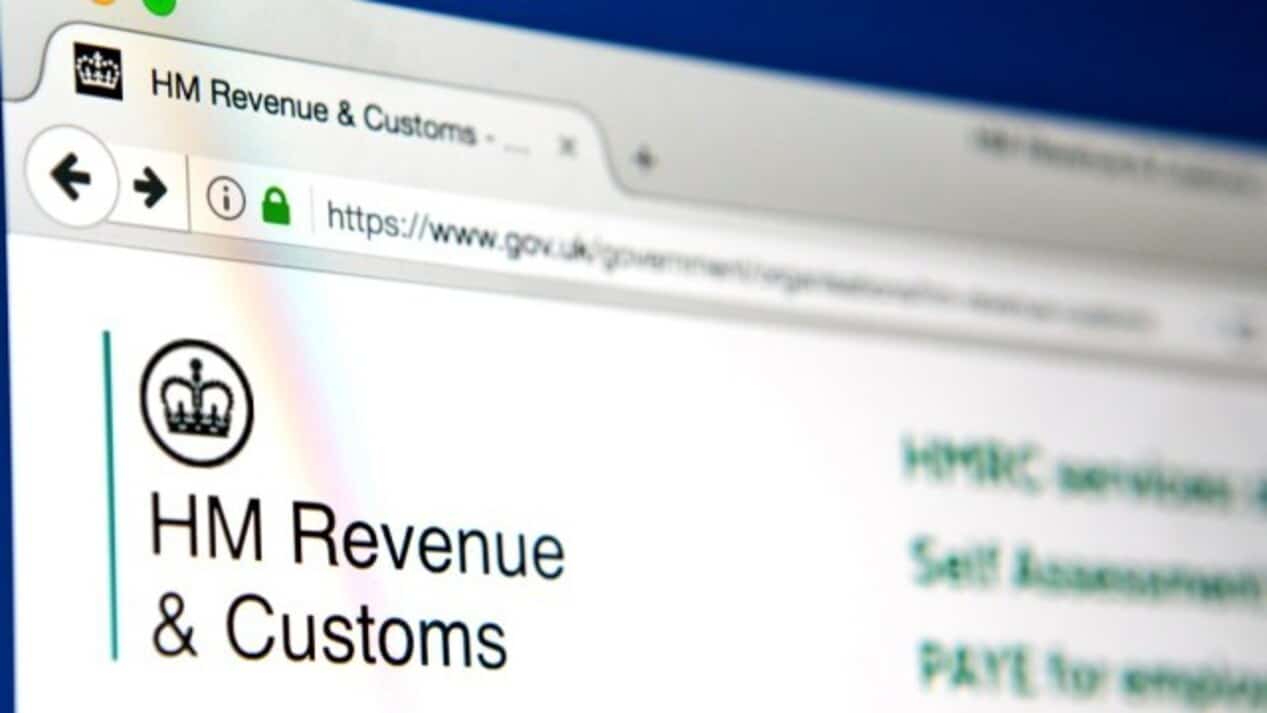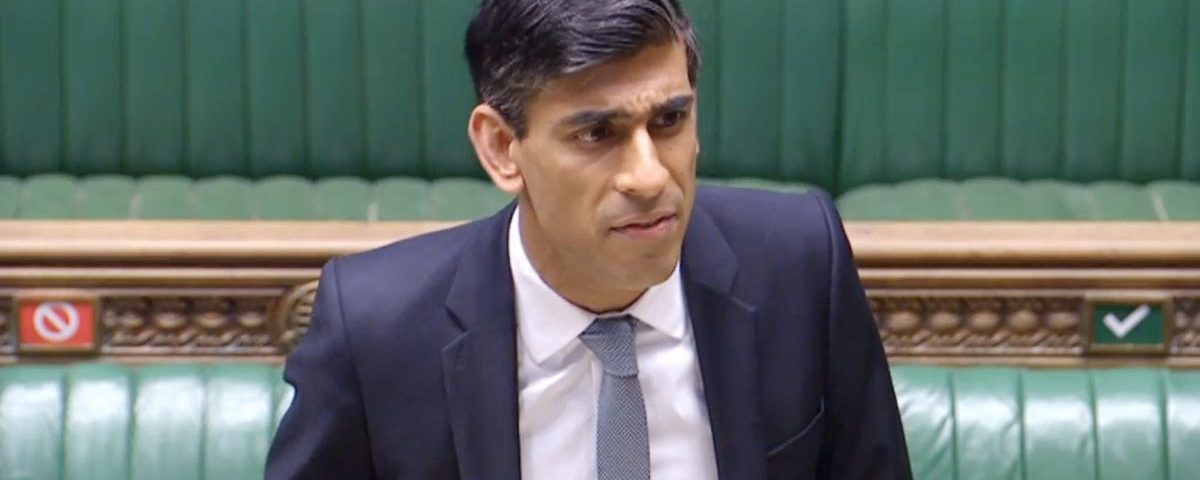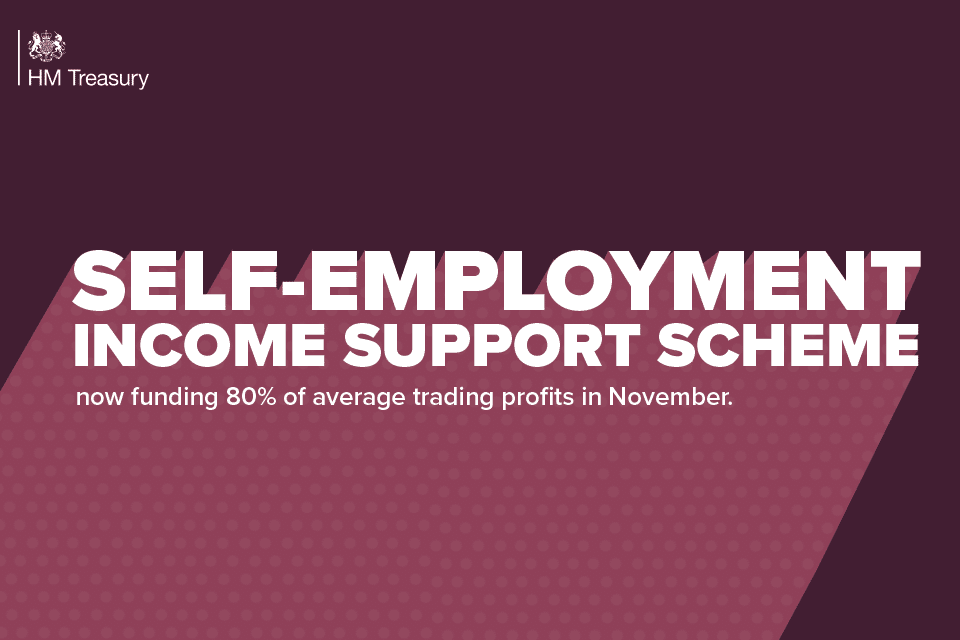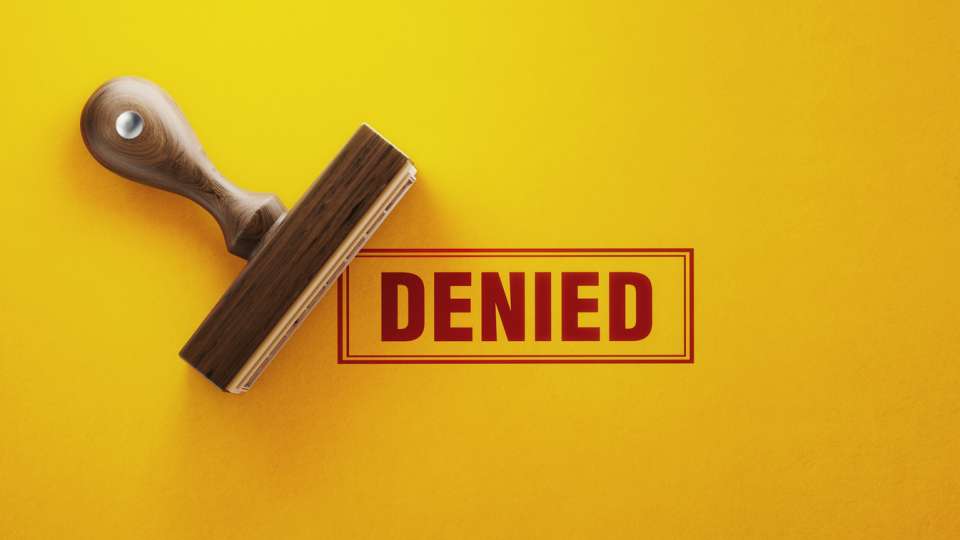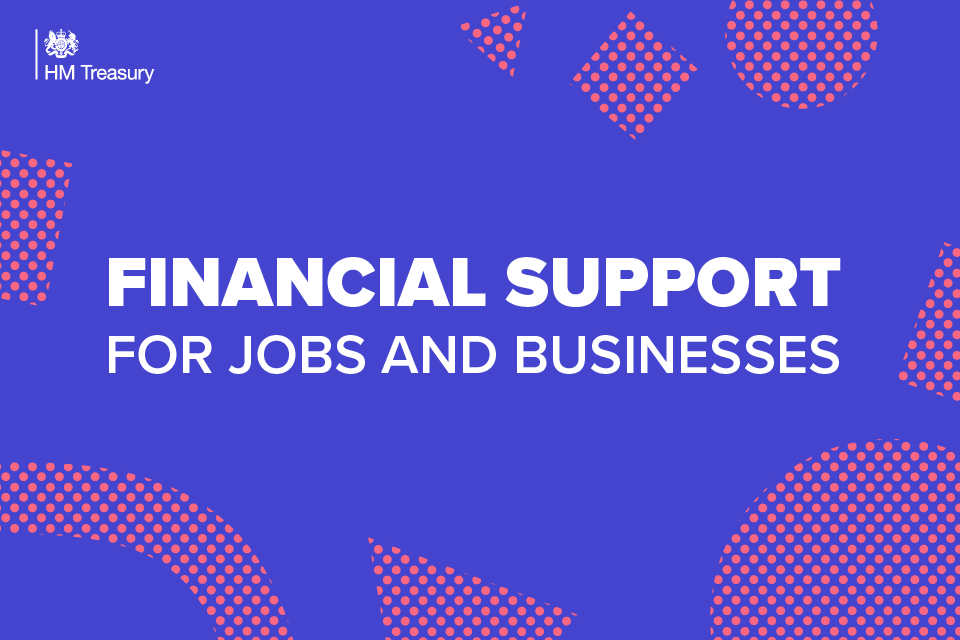Summary of Chancellor Rishi Sunak’s statement on 08 July 2020
2. The chancellor announces a temporary change to stamp duty - immediately increasing the threshold to £500,000
3. Temporary cut to VAT on food, accommodation and attractions from 20% to 5% is announced
4. Chancellor announces new job retention bonus for employers who bring back furloughed staff
5. But Labour says the chancellor has "put off big decisions" and should have announced a "back to work Budget"
6. A £2bn "green homes grant" to help make homes more energy efficient is also unveiled
7. “Eat out to help out” vouchers that will give diners 50% off their meals out, with conditions, for August
In his summer statement delivered today (July 8) Rishi Sunak announced a new job retention policy which would see a £1,000 bonus paid to companies for each employee brought back from furlough.
But the chancellor said previously furloughed employees would need to continuously remain in work until at least January to qualify, and be paid at least £520 on average in each month from November to the beginning of next year.
Mr Sunak said: "One of the most important things we can do is to get as many people as possible off furlough and back into their jobs. "So today we are introducing a new policy to reward and incentivise employers who successfully bring furloughed staff back - a new job retention bonus.
"If you are an employer and you bring someone back who was furloughed, and you continuously employee them through to January, we will pay you a £1,000 bonus per employee."
But the chancellor said it was vital people were not returning for jobs "for the sake of it" and must be doing "decent work" to qualify. He added: "We will pay the bonus for all furloughed employees, so if employers bring back all nine million employees who have been furloughed this would be a £9bn policy to retain people in work.
"Our message to businesses is clear, if you stand by your workers, we will stand by you." The government's Coronavirus Job Retention Scheme is set to end in October, having originally been intended to end in July, and as of next month employers will have to contribute towards paying those employees currently furloughed under the scheme.
The cut applies to food and non-alcoholic drinks as well as accommodation and admission to attractions across the UK.
Mr Sunak said the move is to "get the sectors moving and to protect jobs", but what is VAT and how does it work?
The standard rate of VAT in the UK is 20%, with about half the items households spend money on subject to this rate.
There is a reduced rate of 5% which applies to some things like children's car seats and home energy.
When you see a price for something in a shop, any VAT will already have been added.
There are also various items for which you do not have to pay any VAT, such as most food, children's clothing, newspapers and magazines.
The level at which the tax is charged has been temporarily raised until next March to £500,000 to boost the property market and help buyers struggling because of the coronavirus crisis.
The changes have come in with immediate effect.
In England and Northern Ireland buyers pay Stamp Duty Land Tax. In Scotland it is Land and Buildings Transaction Tax, while in Wales buyers pay Land Transaction Tax.
The amount handed to the government depends on where you are in the UK, the price of the property and whether you're a first-time buyer.
The expected changes to stamp duty will only apply to buyers in England and Northern Ireland.
However, first-time buyers pay no tax up to £300,000 and 5% on any portion between £300,000 and £500,000.
For people who have bought a home before, stamp duty rates are 2% on £125,001-£250,000, 5% on £250,001-£925,000, 10% on £925,001-£1.5m, and 12% on any value above £1.5m.
That means someone spending £248,000 - the average cost of a house - would currently pay £2,460 in stamp duty to move home. Landlords pay an extra 3% of stamp duty when they purchase a buy-to-let property in England and Northern Ireland.
People buying second homes and buy-to-let properties will also benefit, but will still have to to pay the 3% extra duty due on the entire price.
The move is aimed at helping buyers who have taken a financial hit because of the coronavirus crisis.
It is also intended to boost a property market hit by lockdown. According to the Halifax, house prices have fallen for four months in a row.
Chancellor Rishi Sunak said: "The average stamp duty bill will fall by £4,500. And nearly nine out of 10 people buying a main home this year, will pay no stamp duty at all."
The increase will be temporary to help revive the flagging property market.
However, critics worry it could encourage people planning to buy next year to accelerate their plans to take advantage of the tax break, leading to a potential property demand slump when the stamp duty holiday is over.
Home owners will get £2billion of vouchers to insulate homes as part of Chancellor Rishi Sunak ’s plans to create more than 100,000 green jobs. Hundreds of thousands of households will get grants of up to £5,000 to make their homes more environmentally friendly.
Vouchers worth up to £10,000 will be available to some of the poorest families.
The Green Homes Grant scheme — which will provide extra work for plumbers, builders and tradesmen and help the Covid-hit economy recover — will be announced in Wednesday's mini budget.
Homeowners will be able to spend the cash on loft, wall and floor insulation, eco-friendly boilers, heat pumps, double or triple-glazed windows, low-energy lighting and energy-efficient doors.
The scheme will go live in September and, according to Treasury estimates, will save families up to £600 a year on energy bills.


